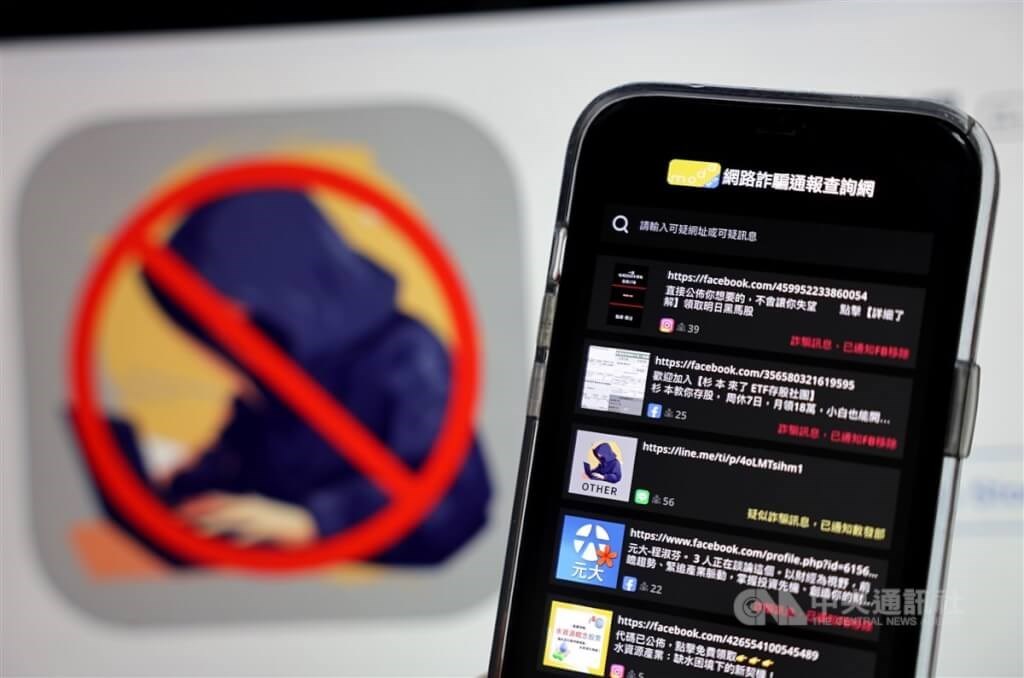Taipei, April 21 (CNA) Police in Taichung on Monday credited a bank teller with helping to stop a man from wiring NT$120,000 (US$3,699) to a person claiming to be able to diagnose and treat health problems using uploaded photos of a patient’s urine.
According to the Taichung Police Department’s Qingshui Precinct, the 70-year-old victim, surnamed Wang (王), was lured into the scam after seeing an online ad for health treatments to restore patients’ health and vitality.
After adding the company’s “guidance center” on Line, Wang was contacted by a man who identified himself as a “professor,” and offered to remotely diagnose his health issues via uploaded photos of his urine.
Once Wang had uploaded the photos, the professor asked for payment, after which he promised to send a medical ointment to be used for treatment, the police department said.
Wang went to a local bank branch last Tuesday to wire the money, and when asked about the purpose of the transfer, he explained that he was buying medical products, police said.
Suspecting a possible scam, the bank teller checked the transaction history of the recipient account, and found that it had “abnormal cash flows.” The teller then called the police to the scene.
Upon arriving at the bank, police officers found Wang on the phone with someone from the “company” and asked to speak with him.
The man identified himself as the owner, surnamed Chen (陳), of a company that acted as a reseller of health care products, but when he was asked for the company’s tax ID number, he hung up, police said.
The police officers explained to Wang that this is a common scam technique, while the bank teller showed him that the registered name and address of the recipient account did not match with the information the man had told them over the phone.
After much discussion, Wang eventually agreed not to go through with the payment, and the officers helped him block the company’s account on Line.
In its statement Monday, the police department reminded members of the public to only seek medical treatment at accredited hospitals and clinics.
The public should not credulously believe in folk remedies or other superstitious practices, which can not only harm one’s health and finances, but can also be used by interested parties to commit fraud, the department said.
